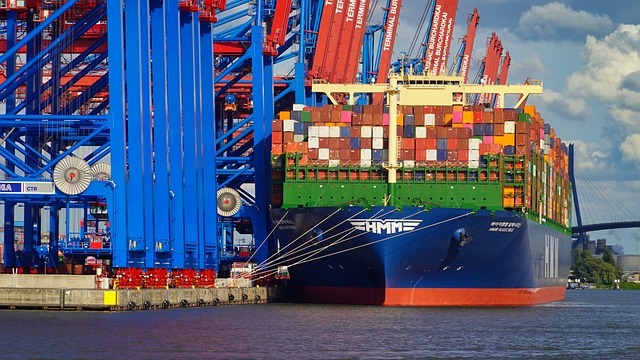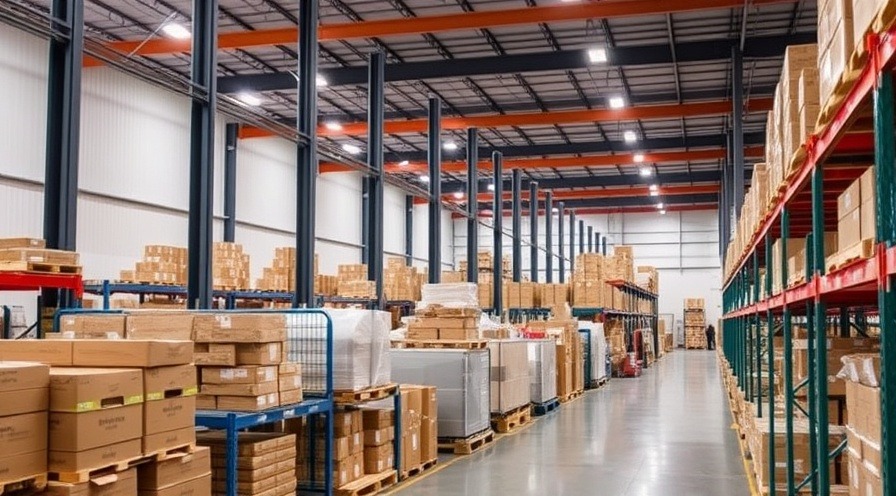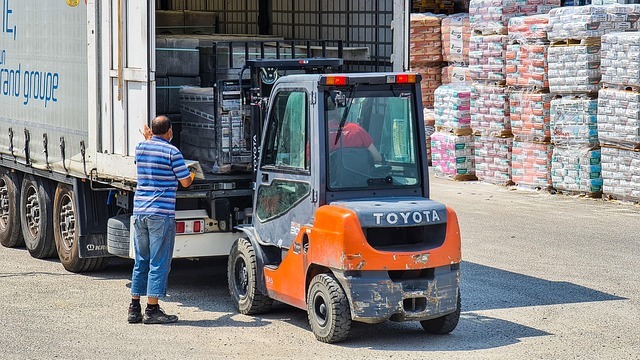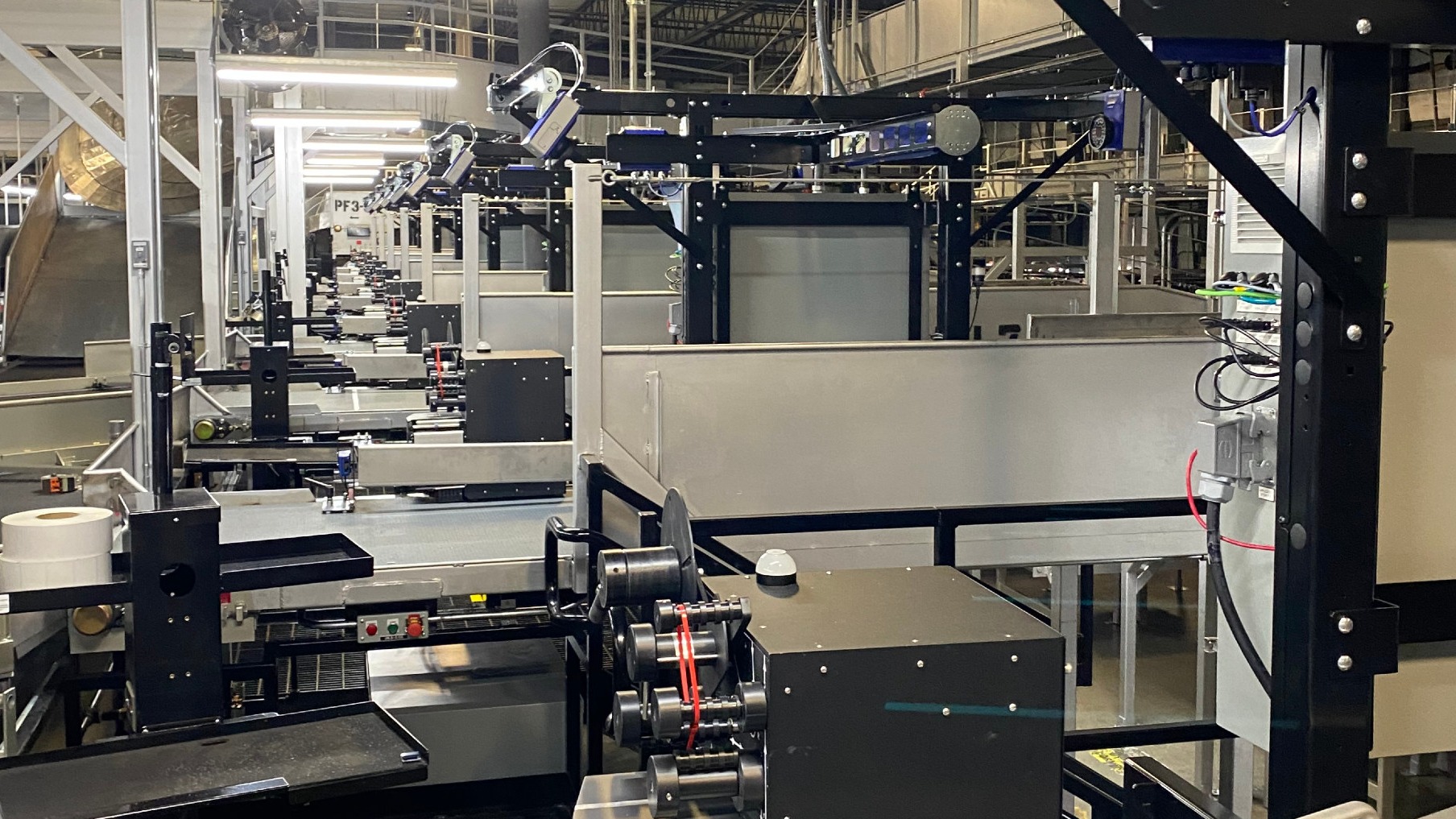
As global trade policies shift, the ripple effects are being felt far beyond international borders—right here at home in the staffing industry.
Trade tariffs, particularly those affecting manufacturing, logistics, and technology, are causing companies to rethink how they operate, spend, and hire.
At Technology Staffing Solutions (TSS), we’re closely monitoring how these changes are influencing demand for skilled labor and how we can help our clients stay agile in uncertain times.
The Immediate Impact: Shifts in Demand
Tariffs typically raise the cost of imported goods or raw materials, such as steel, aluminum, or electronic components. For manufacturers and supply chain operators, this often leads to:
Slowed production
Delayed capital projects
Reduced temporary hiring
Industries that rely heavily on global supply chains may pause or downsize their staffing needs—especially for short-term roles—until the financial outlook stabilizes.

Opportunity in Reshoring: New Skill Demands
Some companies, in response to tariffs, are bringing production back to the U.S.—a trend known as reshoring. While this can boost local job creation, it’s also driving a shift in the types of workers needed:
Higher-skilled trades, such as CNC machinists, automation technicians, and quality control experts
Technology roles focused on systems integration, robotics, and data-driven operations
The challenge? There’s often a regional talent gap, making it harder to find qualified workers quickly. This is where proactive staffing becomes essential.
Cost Pressure on Staffing Firms
Tariff-related uncertainty causes many companies to tighten their budgets. For staffing firms, this may result in:
Slimmer profit margins
Longer sales cycles
Increased pressure to prove ROI
Additionally, we’re seeing more requests for cross-trained or multi-skilled workers who can fill multiple roles as teams shrink and adapt.

Supply Chain Disruptions = Hiring Fluctuations
Tariffs don’t just affect what companies make—they also affect how and when they can move goods. This leads to:
Temporary spikes in hiring for warehouse workers, forklift operators, and logistics coordinators
More project-based roles for supply chain analysts and planners to optimize new routes or sourcing strategies
These roles often appear with little notice, underscoring the need for a flexible, on-demand workforce.
Uncertainty Fuels Contingent Labor Growth
When companies can’t predict what’s coming next, they often hold back on permanent hires and lean more on staffing solutions to stay nimble. This presents an opportunity for agencies like TSS to:
Support flexible staffing models
Offer rapid deployment of skilled workers
Provide workforce consulting to help clients adjust to new realities

Final Thoughts
Trade tariffs are creating turbulence across many industries—but with the right strategy, staffing firms can play a key role in helping businesses adapt. At Technology Staffing Solutions, we’re committed to providing reliable, ready-to-work talent in skilled trades, technology, and supply chains—no matter how the economic winds shift.
 Add Row
Add Row  Add
Add 



Write A Comment